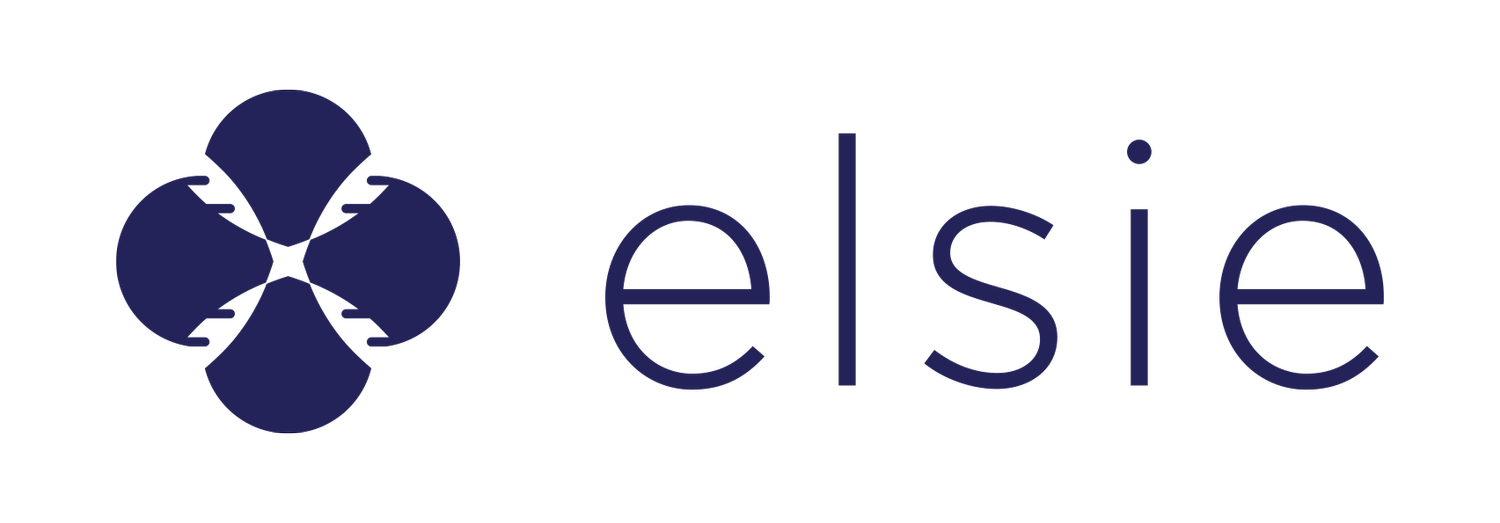CEU Basics
In the career of a genetic counselor, there are a few moments that will stay with you forever. For me, getting accepted into grad school, my first day in clinic, and the first time I gave bad news are still fresh in my mind over a decade later. So is the day I got the news that I passed the boards, finally giving me the right to add CGC to my name. While this signified the end of one journey, it was really just the beginning of another: my professional career.
As genetic counselors, we want our training and skills as healthcare professionals to be recognized. We have distinguished ourselves through ABGC Certification and are making great strides towards State licensure across the US. These credentials help us obtain recognition from employers, payers, and governments, which allows us to further advance our profession.
With these fancy letters behind our names, we have to prove that we deserve to keep them. While we could take the boards again, most of us instead choose to do this through Continuing Education Units, or CEUs.
What are CEUs?
CEUs are courses taken to help ensure you keep up with new developments in the field. They can be earned by way of conferences, online webinars, journal clubs and more. Many hospitals and institutions offer free activities such as grand rounds or case conferences that can be claimed for CEU credits. Genetic laboratories and other companies sometimes sponsor lectures online or in person as well.
Not all CEUs are Created Equal
Many different professions require CEUs, so these courses can be found in many places. Obviously a CEU course created for a lawyer is not going to be useful for a GC, so you need to be careful about what types of courses you sign up for. Here are some definitions all GCs should know.
Contact Hours- The amount of time directly spent on learning during a particular course. It takes 10 contact hours to earn 1 CEU. Time spent doing other activities, such as eating meals or networking, doesn’t count. For example, if you attended an 8 hour conference, but only 4 of those hours were spent in actual lectures, you’ll only earn 4 contact hours, which equals 0.4 CEUs.
Category 1 CEU- Courses that have been pre-approved by the NSGC. The organizer of the event handles the approval of the course ahead of time. You’ll usually be asked to complete a short survey after the event, and pay a small fee (which is sometimes covered by the event sponsor) in order to get your credits. The organizers of the even submit these to NSGC, who then sends you a Certificate of Completion. ABGC and many states require that you have a minimum number of Category 1’s to renew, so you’ll want to take these whenever you can.
Category 2 CEU- These are courses that have NOT been pre-approved by the NSGC, but still may relate to the field of genetic counseling. To get credit, you have to submit the course to NSGC along with some documentation and a fee within a certain time after taking the course. ABGC and some states put limits on how many Category 2’s you can use to renew.
Professional Activity Credits (PACs)- You can earn credits for certain activities related to the profession, such as teaching or writing publications. These activities don’t follow the same 10 hour per unit rule as CEUs, instead each type of activity is measured in its own way. ABGC puts a limit on how many PACs can be used for recertification, and many states don’t accept them at all for license renewals.
Continuing Medical Education (CMEs)- These are the equivalent of CEUs for medical doctors. You can usually get credit for CME courses if you apply to have them counted as Category 2 CEUs.
ABGC and each of the States that require licensure have different CEU requirements. Some are very specific about what types of CEUs are allowed. You need to familiarize yourself with the requirements for your own renewals to make sure you’re getting all the courses you need.



